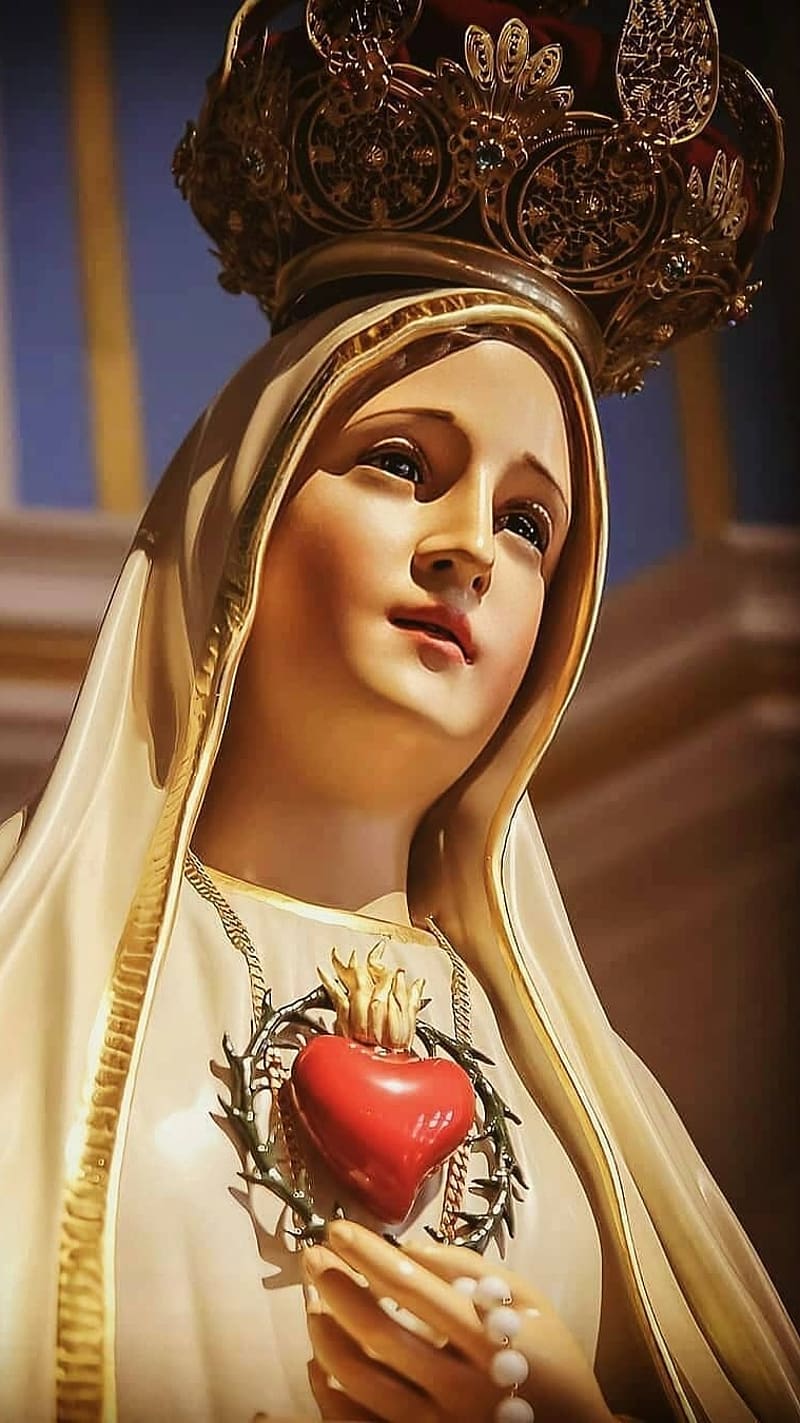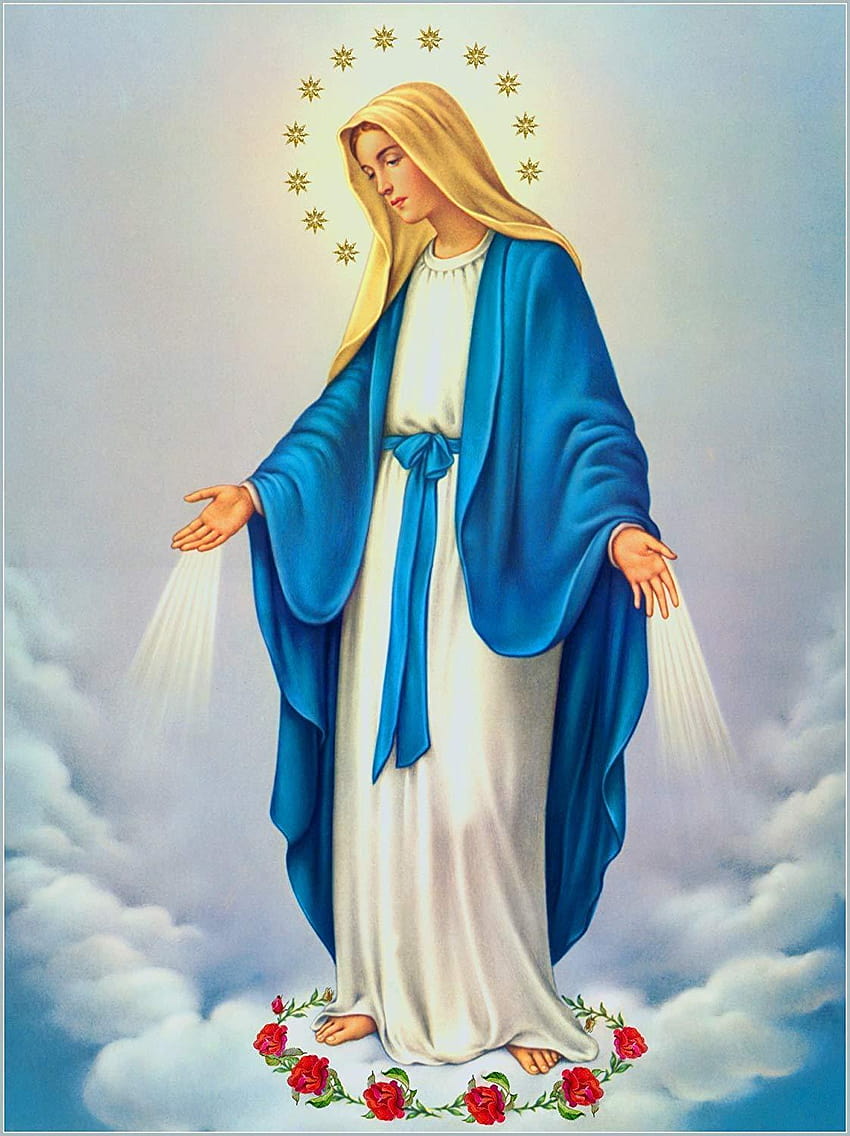AI-Generated Content
This article has been created using advanced AI technology to provide you with informative and engaging content.
AI-Curated Resources:
When we hear the name 'Mary,' it often brings to mind a sense of history and deep meaning. Perhaps you're thinking of someone named Mary Calise, or simply curious about the enduring impact of this classic name. What is it about the name 'Mary' that has resonated through time, shaping beliefs and inspiring countless stories? Today, we're going to spend a little time looking at one of the most prominent figures associated with this name, a woman whose life story, as preserved in ancient writings, has profoundly influenced billions of people around the globe. This individual, a mother whose devotion knew no bounds, is truly a cornerstone of a major world faith, offering a powerful example of trust and willingness, even in the face of the truly unexpected.
This particular Mary, you see, holds a truly significant spot in the story of Christianity and its long history. She was, in a way, picked for a very special role, becoming the vessel through whom, it is believed, a divine presence entered our world. Her personal journey and what she came to represent are, well, they're looked at with a great deal of respect and thought by many people. It's almost as if her very existence became a pivotal point for an entire belief system, so her story is often revisited.
Her life and the part she played are primarily recorded in ancient texts, which paint a picture of a young woman who faced extraordinary circumstances with what is typically described as grace and faith. The narrative around her is not just a historical account; it's a foundational story that has shaped culture, art, and personal spiritual paths for centuries. We'll look a little closer at what these records tell us about this remarkable person and why her story continues to be so compelling for so many, just like your interest in the name Mary today.
Table of Contents
- Who Was Mary? A Look at Her Story
- Mary's Personal Journey - What Do We Know?
- How Has Mary Been Honored?
- What Are Some of Mary's Special Names?
- Mary in Modern Storytelling - A Recent Film
- The Name Mary - Beyond Ancient Narratives
- Mary's Call and Willing Heart
- Mary's Enduring Legacy
Who Was Mary? A Look at Her Story
Mary, the mother of Jesus, is a figure who truly stands out in the Christian faith and its long, winding history. She is considered, by many, to be the chosen means through which God brought his son into the world, which is a pretty monumental idea. Her life and the role she fulfilled are, for the most part, detailed in sacred writings that have been passed down through generations. These accounts describe a young woman from Nazareth whose life took a very unexpected turn, leading her to become a central character in one of the most widely told stories on Earth.
She was, in essence, the mother of Jesus, and because of this, she is held in great esteem within the Christian church. You'll find her depicted everywhere, from grand works of Western art to the gentle melodies of music and the pages of countless literary pieces. It's quite something, really, how deeply her image has woven itself into the fabric of human expression. Her presence is, in a way, a constant reminder of a foundational narrative that has inspired countless individuals to think about faith, family, and destiny.
Mary's Personal Details and Bio Data
| Aspect | Detail |
|---|---|
| Name (English) | Mary |
| Other Forms of Name | Maria, Mariam, Mart Maryam (Septuagint Greek) |
| Primary Role | Mother of Jesus Christ |
| Key Characteristics | Young virgin, willing servant, trusting, obedient, loved God with all her heart, loyal mother |
| Historical Period | Flourished beginning of the Christian era (Apostolic Age) |
| Significance | Chosen vessel, Mother of the Messiah, Senior Saint in Christian tradition |
| Veneration | Highly venerated in Christian church, subject in art, music, literature |
Mary's Personal Journey - What Do We Know?
Mary's life, as it's often recounted, began in Nazareth, a rather quiet place. She was, you know, just a young woman, likely going about her daily routines, when something truly extraordinary happened. The stories tell of an angelic messenger who brought her news that would completely change her path. This message, which must have been a bit puzzling and perhaps even frightening at first, told her that she would become a mother, and her son would be called Jesus. It's a moment that, in some respects, highlights her willingness to accept a destiny that was anything but ordinary.
The young virgin, as she is often referred to, is said to have willingly given herself over to this incredible plan. She put her trust in what she was told, even though it must have seemed quite unbelievable. This act of submission and faith is, arguably, one of the most talked-about aspects of her story. It shows a person who, despite her youth, possessed a deep sense of devotion and an open heart to what she believed was a divine calling. Her early life, while not extensively detailed, is presented as one of quiet piety and readiness for something greater.
A Mother's Deepest Feelings and Loyalty for Mary
As a mother, Mary, it is believed, experienced every kind of feeling a parent can know. From the joy of new life to the heart-wrenching pain of loss, her journey was filled with a whole spectrum of emotions. There are accounts that describe her unwavering loyalty, even to the very end of her son's life, as he died on the cross. She was, apparently, right there with him, enduring a sorrow that few can truly imagine. This steadfastness, this willingness to stay by her child's side through the most difficult times, is a powerful testament to her deep maternal love.
The memories of young Jesus, one can only imagine, must have been a source of both comfort and profound contemplation for her throughout her life. Thinking back to his childhood, his growth, and the early signs of his unique purpose, these recollections surely shaped her own understanding and faith. It's a very human picture of a mother reflecting on her child's journey, even as that child was believed to be the savior of the world. Her emotional depth and her constant presence in the face of adversity are qualities that truly resonate with many people who consider her story.
How Has Mary Been Honored?
Mary has been given many special names and ways of being thought about over the centuries. She is, for example, often called Saint Mary the Virgin, or the Blessed Virgin Mary. Sometimes, she's simply known as Saint Mary, or Mary Mother of God, and of course, the Virgin Mary. Many people consider her to be the greatest of all Christian saints, which is a pretty remarkable distinction. She is, quite clearly, a very important figure in Christianity, and people show her great respect under these various titles. It's a way, you know, of recognizing her unique position and the profound impact she had on the faith.
Her importance stretches back to the very beginning of the Christian era. She is, after all, the mother of Jesus, and she has been held in high regard in the Christian church since the very earliest days, often called the apostolic age. This long history of veneration means she has become a truly favorite subject in Western art, in the beautiful pieces of music composed over time, and in all sorts of literature. Her image, her story, and her spirit have inspired countless creative works, showing just how deeply she has touched human imagination and belief. It's almost as if her presence continues to shape how we understand the sacred and the beautiful.
Mary's Place in Art, Music, and Stories
When you look at the history of Western art, you'll find Mary's image appearing again and again, in countless paintings, sculptures, and stained-glass windows. Artists have, over the centuries, really poured their hearts into trying to capture her essence, whether as a young, gentle mother or as a figure of quiet strength and sorrow. Similarly, in the world of music, her name and story have inspired hymns, oratorios, and lullabies that are both moving and deeply spiritual. Think of the classical compositions that feature her, or the simple folk songs that speak of her grace. These works, you see, are not just artistic creations; they are expressions of profound devotion and admiration for her. It's quite incredible, how her story continues to be a muse for so many creative minds.
And then there's literature. From ancient theological writings to modern novels and poetry, Mary's character has been explored from so many different angles. Writers have tried to understand her thoughts, her feelings, and the immense weight of her destiny. She is presented as a symbol of purity, of motherhood, of unwavering faith, and of quiet suffering. Her story is, in a way, a universal one, touching on themes that resonate with people regardless of their background. So, you find her woven into the very fabric of our cultural narratives, a constant presence that encourages contemplation and reflection, pretty much everywhere you look.
What Are Some of Mary's Special Names?
Beyond her most common designation as the mother of Jesus, Mary has been given several truly special names, each one highlighting a different aspect of her perceived significance. These titles are not just labels; they are, in some respects, declarations of her importance and the unique place she holds in the hearts of believers. For instance, the phrase "guarantee of" appears in some mentions, though its full context isn't always clear in every text. It points to a role of assurance or certainty that she might represent for some. These names, or titles, are often used in prayers, hymns, and theological discussions, reflecting the varied ways people connect with her story and what she symbolizes. It's a bit like how a very important person might have many different respectful ways of being addressed, depending on the situation.
Her most common special name, the "Virgin Mary," speaks to a core belief about her purity and her unique conception of Jesus. But there are others, like "Blessed Virgin Mary," which emphasizes the idea that she was highly favored. Then you have "Mary Mother of God," a title that underscores her role in the Incarnation, the belief that God became human through her. These names, collectively, paint a picture of a figure who is not just historical but also profoundly spiritual, embodying virtues and fulfilling a role that is, arguably, seen as unparalleled. They really help people to think about her in a specific, revered way, you know.
Mary in Modern Storytelling - A Recent Film
Interestingly, Mary's story continues to capture the imagination of filmmakers and storytellers even today. There's a 2024 epic biblical film, for instance, that brings her life to the screen. It's called "Mary," and it was directed by D. Caruso, with a screenplay written by Timothy Michael Hayes. This movie, you see, aims to tell her story, following Mary, the mother of Jesus, from her early years in Nazareth. The role of Mary is played by Noa Cohen, who, it seems, takes on the challenge of portraying such a revered figure. It's a way, really, for new generations to engage with this ancient narrative in a visual and compelling format.
The film, as described, traces her journey from childhood, which is a period of her life that isn't extensively detailed in the original texts, up to the significant events that define her story. It's a creative interpretation, of course, but one that tries to bring a human touch to a figure often seen through a purely spiritual lens. The cast also includes actors like Ido Tako, Ori Pfeffer, and Hilla Vidor, who help to bring the world of ancient Nazareth and the dramatic events of Mary's life to audiences. This kind of modern retelling shows just how enduring and relevant her story remains, even after thousands of years, offering a fresh perspective on a very old tale.
The Name Mary - Beyond Ancient Narratives
Now, shifting gears just a little, it's pretty fascinating how the name "Mary" itself has spread and taken on so many different associations in our modern world. While we've been focusing on Mary, the mother of Jesus, it's worth noting that the name "Mary" is incredibly common and has been adopted by various enterprises and individuals. For instance, there's a well-known company, Mary Kay, which is completely separate from the historical figure we've been discussing. This company provides opportunities for independent beauty consultants, offering them 24/7 access to resources. It helps them, you know, to grow and build their business. This particular mention in the source text, while seemingly out of place with the biblical narrative, actually highlights how widely the name "Mary" is used and how it can be connected to all sorts of different ventures and personal identities. It shows the name's broad reach, truly.
So, while our main focus has been on a figure of immense spiritual importance, it's also true that the name "Mary" itself has a rich history as a given name. It's a feminine name, of course, and it's the English version of "Maria," which itself came from the Latin form of the Greek names "Maria" or "Mariam." These names, you can find them in ancient texts like the Septuagint and the New Testament. This linguistic journey of the name just goes to show how deeply rooted it is in human history and how it has traveled across cultures and languages, evolving slightly but always retaining its core identity. It's a name that, apparently, carries a certain weight and familiarity, no matter where you hear it.
Mary's Call and Willing Heart
Mary, the mother of Jesus, was, as the stories tell, chosen for a truly monumental task: to give birth to the savior of the world. This was not a decision she made for herself, but rather a calling presented to her. The young virgin, despite the immense implications and the sheer improbability of such a request, is said to have willingly submitted to this divine plan. She put her trust, completely, in the unfolding of God's will. This act of acceptance, this profound trust in something far beyond her immediate comprehension, is a central theme in her narrative. It portrays her as a person of deep faith and incredible courage, ready to embrace a destiny that would change everything.
Luke's account, in particular, tells us how Mary was informed by an angel that she would become the mother of Immanuel, a name meaning "God with us." It's said that she was quite puzzled by this greeting, and understandably, a bit frightened by the angelic presence and the message. The angel, recognizing her apprehension, reassured her, telling her not to be afraid, and that she would indeed conceive and bear a son whom she would name Jesus. This moment, you know, captures her very human reaction to an otherworldly encounter, and her subsequent decision to say "yes" to what was asked of her. It shows her as a willing servant, ready to obey a call that few could ever imagine receiving, truly.
Mary's Enduring Legacy
Mary of Nazareth, the mother of Jesus Christ, is, without a doubt, considered one of the most highly regarded women from the ancient world. Her most common special name, or epithet, is "the Virgin Mary," a title that has become synonymous with her. She is celebrated by countless people across the globe, and her story continues to inspire and resonate deeply. She was, in essence, the mother of the Messiah, Jesus Christ, who is believed to be the savior of the world. Her role in this narrative is seen as absolutely critical, and her willingness to serve, her trust in God, and her obedience to his call are qualities that are consistently highlighted and admired.
Mary, the
AI-Enhanced Visual Content



